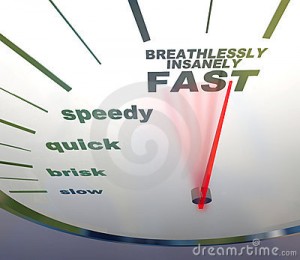Imagine writing a book a hundred years ago? Writing it long hand by candle light? Or on a primitive typewriter? Most of us think we are blessed to be writing with today’s technology. Computers, printers, spell-check, word processor auto-formatting. Scrivener, outlining and novel-building software. Email and submissions managers.
How could we possible write a novel or a story let alone edit it without all those tools? But I’ve found in my experience (as what I would call an Experienced Amateur writer), that all of those tools and features get in the way of actually writing.
Distractions are everywhere! Even things that seem productive are really just distractions. Now, this is all just my opinion, but I have found that my best and most productive time is when I am just writing on my computer and not thinking about anything else on the screen. If I misspell a word, I don’t want to see that red-squiggly line. It will interrupt the flow and make me want to fix it. But that can always be done later. After I’m done being creative.
It took me a while to figure that out, and I had to leverage some technology and software to get back to the spirit of what authors were doing hundreds of years ago. Mainly because I can’t write long-hand quickly.
Here are some things I found that are very useful for that productive time:
- WriteMonkey – A simple full-screen text editor that lets you easily control the writing experience. If you have a Windows-based system, try it! I used it until I got my Chromebook.
- Chromebook (I chose the Acer C720) – Cheap, easy to use. Starts in seconds. Isn’t full of distractions (Well, the internet is always a distraction, but see the point below). Basically, it’s a typing machine for me and nothing more.
- I now use Google Docs full-screen with the menus hidden. Looks just like WriteMonkey did.
- Windows Notepad – When all else fails, go with the classic. I use this one when I’m not on my own computer.
- Turn off the internet if you have no self-control. Unplug the network cable, turn off the router, whatever you have to do to keep you mind on writing instead of browsing.
- Find a location where you just write and do nothing else. No internet. No TV. Train yourself like Pavlov’s dog. When you sit in the chair or couch or bean bag or or wherever, your writing glands should start salivating.
After the writing is done, I go back to the distraction filled world of fully-featured software that helps me organize and polish my work.
My recommendation is to clearly separate your time actually writing from the time you spend doing all the other stuff. The latter has to get done, but it should never impede the former.
